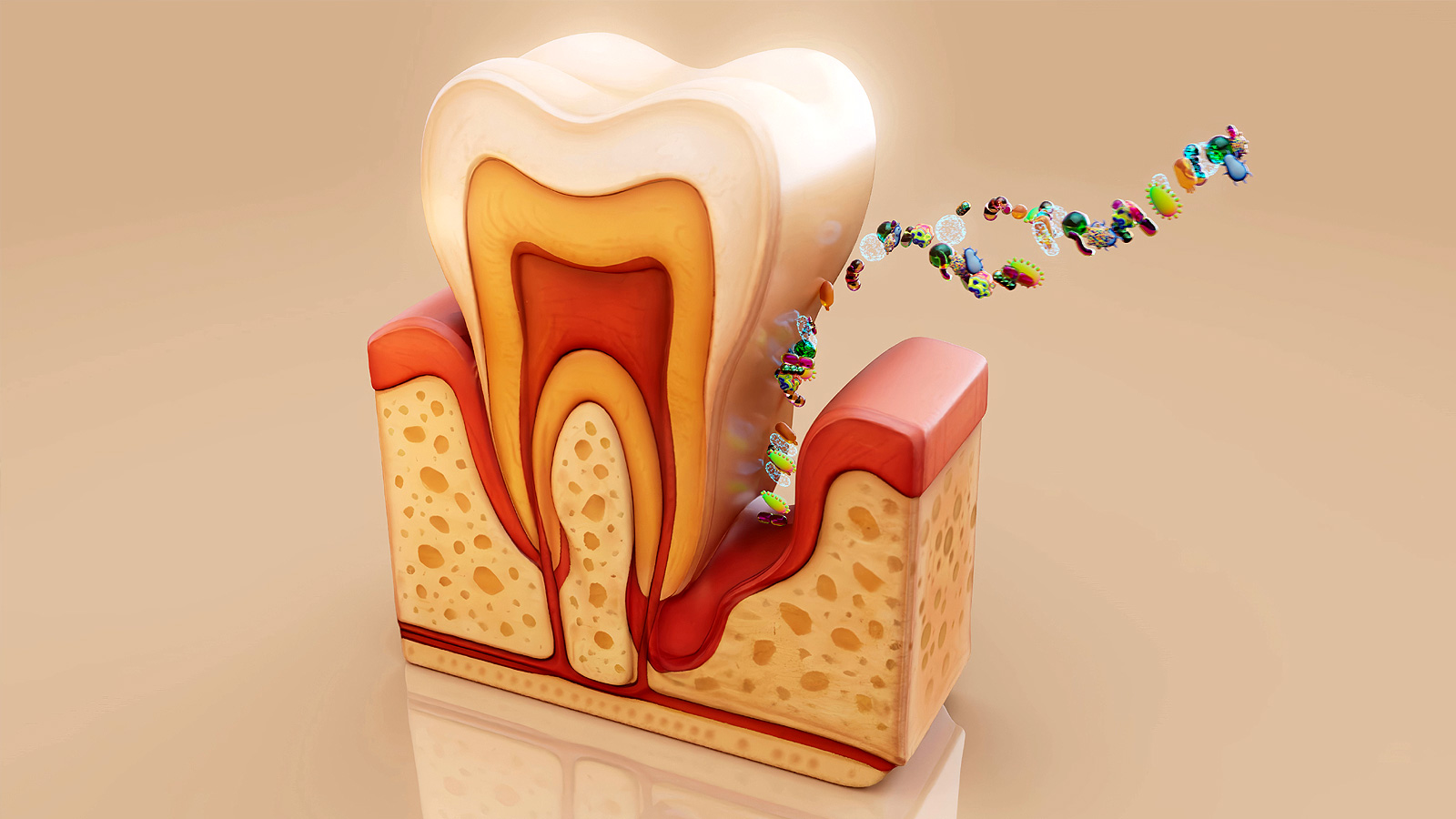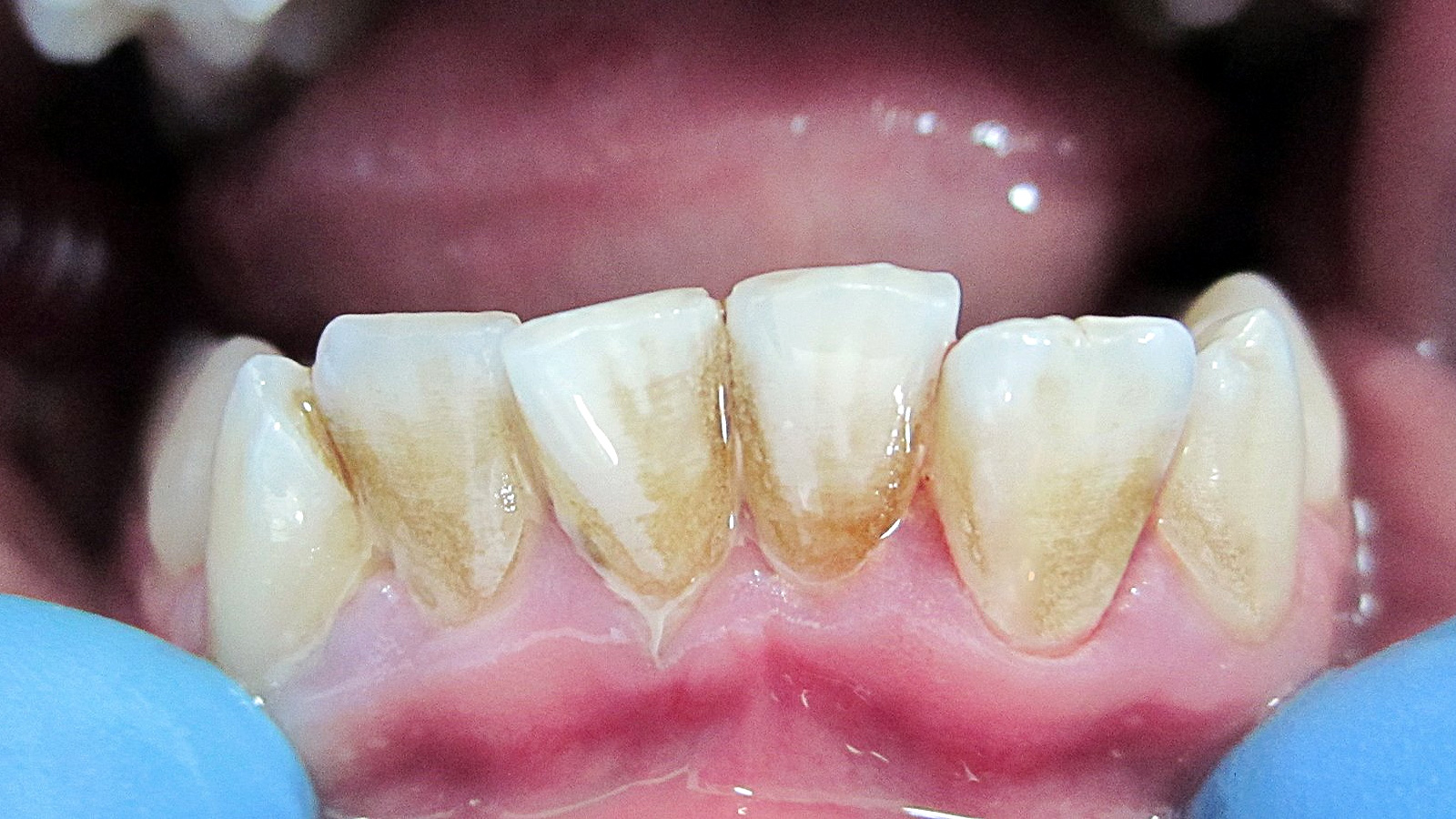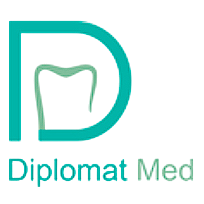Tartar (Calculus) Removal — safe professional cleaning
and gum-disease prevention

What dental calculus is and why it forms
Dental calculus (tartar) is mineralized plaque. It starts as a soft biofilm after meals; without proper removal, salivary minerals (calcium and phosphates) infiltrate the matrix, hardening it and anchoring it firmly to enamel and root surfaces. Both supra- and subgingival deposits develop and cannot be removed with a regular toothbrush.
Why tartar is harmful
Beyond esthetics (yellow-brown staining and halitosis), the rough surface harbors bacteria, sustains gingival inflammation, triggers bleeding, exposes cervical areas, and causes hypersensitivity. Over time, periodontal pockets deepen and the risk of periodontitis rises, potentially leading to tooth mobility and loss. Early removal prevents complications and lowers the inflammatory burden.
Formation mechanism in brief
Mature plaque calcifies at the gingival margin (supragingival calculus). When the process continues below the margin, subgingival deposits form in contact with the root — the most threatening segment for periodontal tissues.

Professional calculus removal: current methods
Ultrasonic scaling
High-frequency vibrations fragment deposits while a water spray cools the tip and flushes debris, shortening chair time and increasing comfort.
Air Flow (powder-jet prophylaxis)
A controlled jet of water, air, and fine powder (glycine/erythritol) removes biofilm and stains from cervical and interdental areas; it perfectly complements ultrasound and leaves enamel smoother.
Finishing polish and remineralization
Surfaces are refined with polishing pastes; fluoride is applied when indicated to strengthen enamel and reduce sensitivity.
When to see your dentist
Typical cues include visible deposits at the gumline, halitosis, bleeding when brushing, darkened interdental spaces, and a “rough” feel. Even without complaints, schedule professional cleaning every 6 months; smokers, orthodontic patients, those with crowding or higher risk may need shorter intervals.
How to prevent re-accumulation
Home care remains foundational: a soft/medium brush, gentle sweeping technique, daily interdental cleaning (floss/brushes/irrigator), and fluoride toothpaste. Limit frequent sugary snacks and staining beverages, and keep up with routine check-ups.
Calculus removal at Diplomat Med Center
At Diplomat Med Center we follow international protocols: gentle removal of supra- and subgingival deposits with ultrasound, precise cleaning of difficult areas with Air Flow, enamel polishing, and, when needed, fluoride therapy. We assess gingival health beforehand and, if inflammation is present, coordinate care within periodontology. Carious lesions are managed by our restorative dentistry team; for plaque retention from crowding, we involve orthodontics.
The visit is quick and comfortable, delivering an immediate feeling of cleanliness, a smoother enamel surface, and fresher breath. You’ll receive tailored advice on brushes, toothpaste, interdental aids, and a personalized maintenance schedule.
Book your professional tartar removal at Diplomat Med Center today — we’ll restore natural cleanliness, reduce gingival inflammation, and help you maintain healthy gums and a bright smile for the long term.
